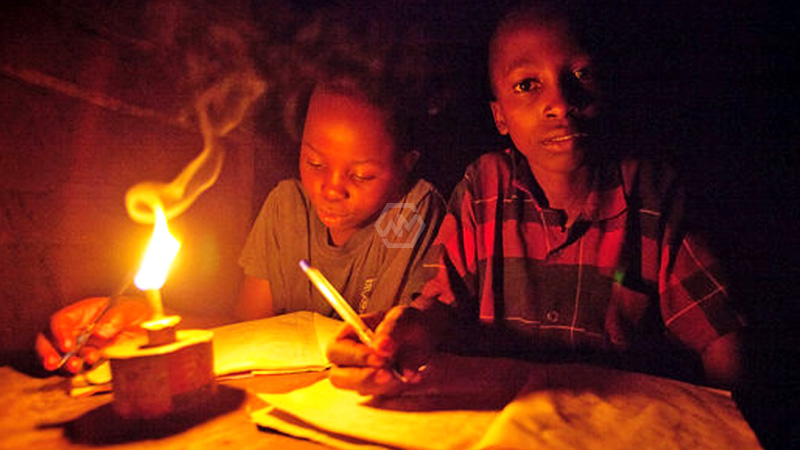The alleged sabotage of a coal-fired power plant in South Africa in November was only one minor act in a massive criminal operation that also includes brutal cartels, powerful politicians, poisonings, fires, cable theft, and murders.
At the Camden facility, which was built in the 1960s and bombed by anti-apartheid demonstrators in the 1980s, Simon Shongwe, 43, was employed as a subcontractor.
Eskom’s Power Problem
There are several hypotheses regarding the alleged sabotage, including that it was planned to destroy the coal mill so that a dishonest repair business could come and fix it at a high cost or that it was part of a larger political plot to harm South Africa’s energy infrastructure.
Possibly laced with rat poison, Andre de Ruyter, the CEO of South Africa’s state-run power company Eskom, was poisoned with cyanide in his office on a guarded level of a big grey office tower on the outskirts of Johannesburg. After recovering from the poisoning, he departed the country and abandoned his employment at Eskom.
- The alleged sabotage was part of a larger political plot to damage South Africa’s energy infrastructure.
- Andre de Ruyter was poisoned with cyanide in his office, leaving South Africa.
- The ANC has been responsible for Mpumalanga’s looting and sabotage, leading to power outages in SA.
He thought he had been singled out by ruthless gangs that were robbing Eskom and its coal-fired power plants of “a billion rand ($52 million; £42 million) every month.”
A dramatic picture of “mafia” gangs with well-trained warriors eager to assassinate anyone who threatened to clean up the coal sector or progress towards renewable energy is painted in the eNCA interview and excerpts from a new book.
This is typical in Mpumalanga, a region known for its tremendous lawlessness. Since 1994, the ANC has held power in Mpumulanga and is responsible for the province’s looting and sabotage.
This directly relates to the nearly continual power outages that are currently affecting South Africa. As a sign of how bad the situation is, soldiers have been sent in to guard coal-carrying convoys and power plants.



